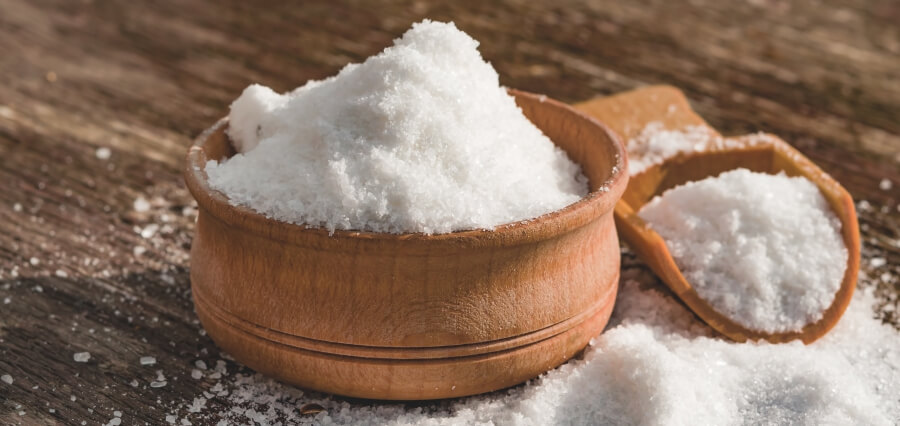Elevated sodium intake and insufficient potassium intake are prevalent and associated with high blood pressure (hypertension), increasing the risk of stroke, heart disease, and premature death. The use of a salt substitute, where potassium chloride replaces part of the sodium chloride, addresses both issues simultaneously. An international panel of experts has proposed the inclusion of low-sodium potassium-enriched salt in hypertension therapy guidelines, as published in the scientific journal Hypertension by the American Heart Association.
Excessive sodium intake and insufficient potassium intake are prevalent, both associated with high blood pressure (hypertension) and an increased risk of stroke, heart disease, and premature death. The use of a salt substitute, where potassium chloride replaces a portion of sodium chloride, simultaneously addresses both issues. Professor Alta Schutte at The George Institute for Global Health and UNSW Sydney highlighted that, despite randomized controlled trial data demonstrating the health advantages of potassium-enriched, sodium-reduced salt substitutes, they are infrequently utilized. She noted the inadequacy and inconsistency in current clinical guidelines regarding the use of these salt substitutes.
“Considering the abundant available evidence, we believe it is opportune to incorporate salt substitutes into treatment guidelines. This inclusion can contribute to tackling the escalating rates of uncontrolled high blood pressure globally and, consequently, decrease preventable deaths,” stated Professor Alta Schutte at The George Institute for Global Health and UNSW Sydney.
Potassium-enriched salt can serve as a direct substitute for conventional salt (sodium chloride) in seasoning, preserving, or food manufacturing. Significantly, unlike other salt reduction methods that result in a less salty taste, the transition to potassium-enriched salt is generally imperceptible to most individuals.





